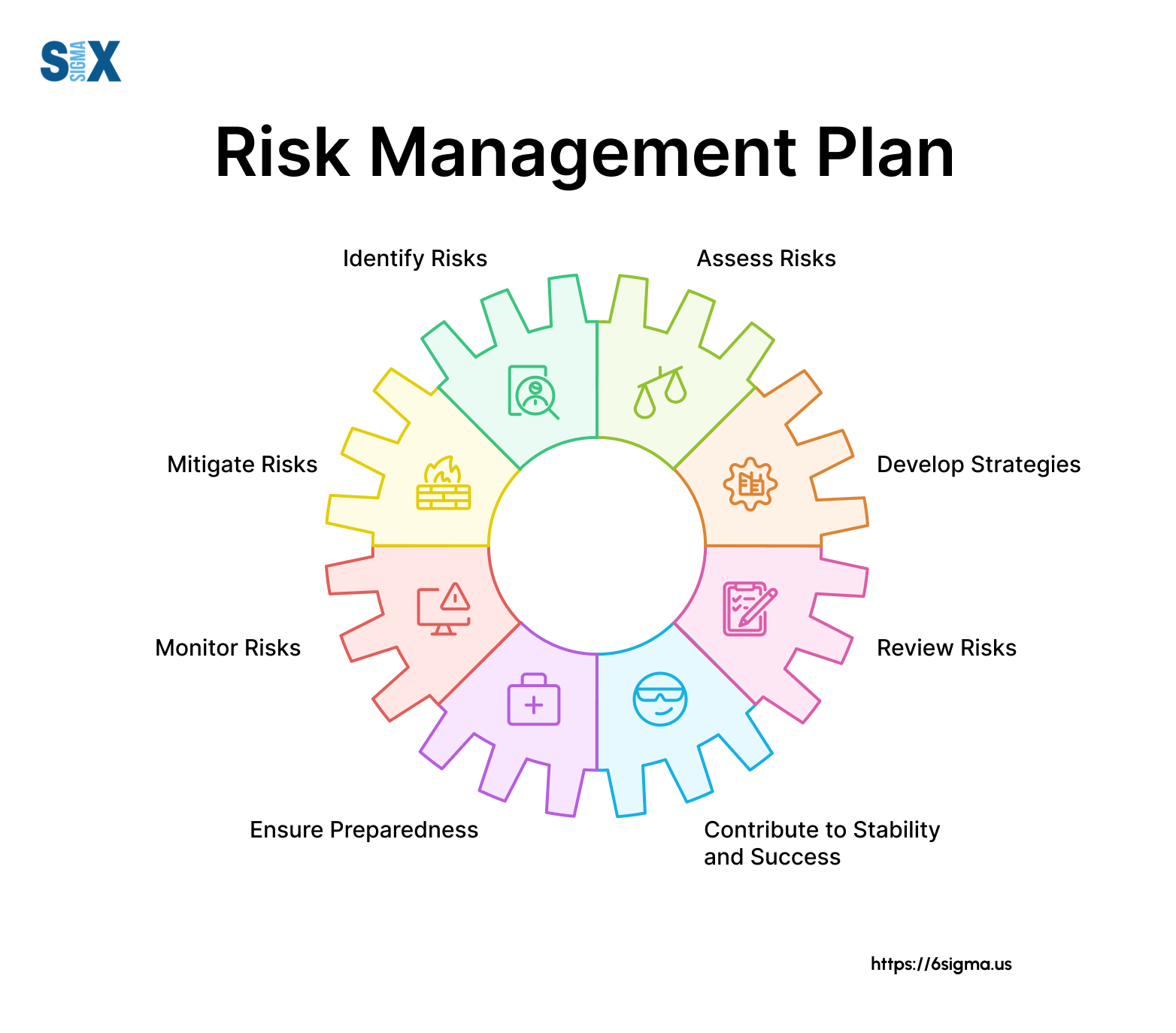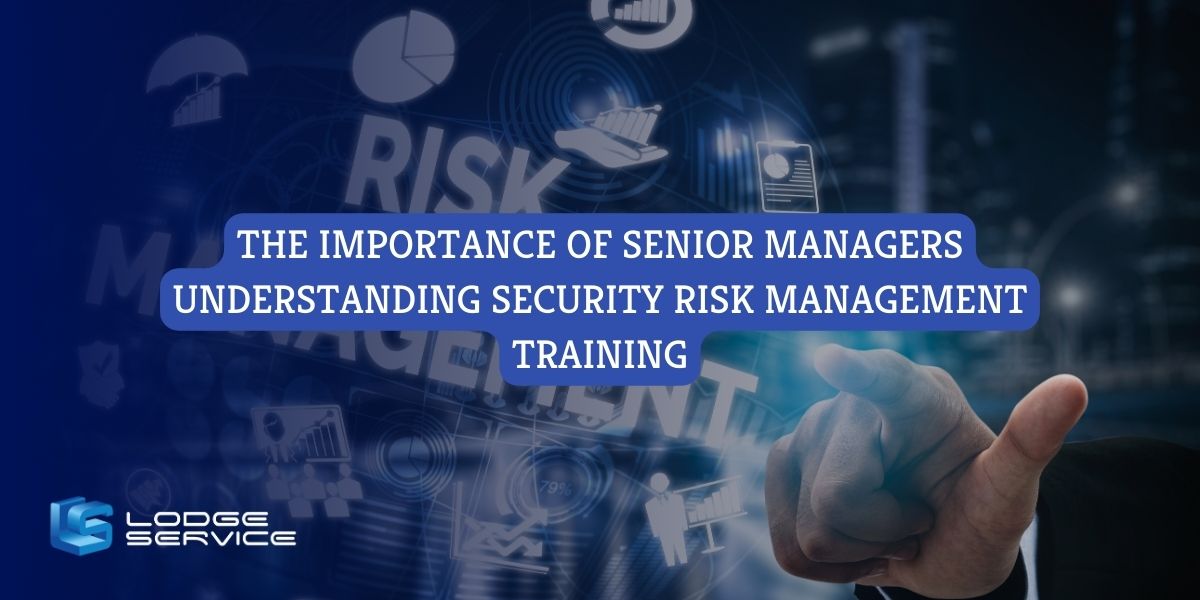The Important Value of Risk Management in Achieving Organizational Goals
This is where Risk Management actions in, providing a structured technique to determining, assessing, and mitigating possible roadblocks to advance. As we check out the important duty of Risk Management in accomplishing business objectives, one can not ask yourself but help: how does this convert right into real-world success?
Comprehending the Concept of Risk Management in Company

The Indispensable Function of Risk Management in Strategic Preparation
Integrating Risk Management right into strategic planning acts as a protect for organizations, anchoring their long-term plans with a solid foundation of preparedness and strength. Risk Management uses a structure for preparing for uncertainties and developing suitable feedbacks, making sure the organization's survival and prosperity also in the face of difficulty. By including Risk Management into strategic preparation, companies can transform these uncertainties right into possibilities for development and development.

Strategies for Identifying, Assessing, and Prioritizing Risks
The procedure starts with Risk recognition, using devices such as SWOT analysis, which helps in identifying prospective hazards and opportunities. Next off, Risk assessment is performed to determine the prospective influence and probability of each Risk. Risks are prioritized based on their potential impact and possibility, permitting organizations to focus their sources on high-priority risks.
Protecting Organizational Operations Through Reliable Risk Management
In the organization landscape stuffed with unpredictabilities, effective Risk Management plays a pivotal role in securing business operations. By identifying and evaluating potential threats, Risk Management makes it possible for organizations to establish durable contingency plans. Organizations should invest in thorough Risk Management techniques to secure their operations.

Converting Prospective Threats to Opportunities: The Power of Risk Management
While prospective dangers might at first show up as barricades to business success, effective Risk Management can change them into possibilities. A positive approach to risk Management involves determining, analyzing, and focusing on risks to develop techniques that turn them into prospective benefits. This procedure requires the development of a risk-aware society within the organization, encouraging individuals to view dangers as prospective drivers for change and growth, instead of simple dangers. importance of risk management. Via this lens, potential risks become chances to introduce, boost processes, and strengthen durability. Therefore, by leveraging the power of Risk Management, organizations can not only protect their operations yet additionally spur growth and accomplish their go now objectives in an unpredictable company setting.
Instance Researches: Success Stories of Risk Management Driving Company Objectives
Effective execution of Risk Management approaches has generated impressive cause different organizations, emphasizing the qualities of this approach. International business like Microsoft and Google, for example, have leveraged Risk Management to minimize hazards and make use check it out of chances, driving their organization purposes ahead. Microsoft's proactive Risk Management approach assisted it pivot promptly during the 2020 pandemic, transitioning to remote work efficiently, thereby preserving performance. Google, by evaluating and alleviating possible threats in its cloud-based solutions, has ensured undisturbed solution, consequently reinforcing client depend on. These examples highlight how effective Risk Management can not only guide companies clear of prospective mistakes but additionally direct them in the direction of their tactical purposes. Thus, Risk Management is essential to the search of organizational objectives.
Final thought
In verdict, Risk Management is essentially essential in achieving organizational objectives. By incorporating Risk Management right into strategic planning, organizations can better navigate unpredictabilities, safeguard procedures, and capitalise on possibilities, thus straightening with lasting purposes.
At its core, Risk Management is the process of determining, evaluating, and attending to prospective threats that can adversely affect an organization's goals or procedures. Next, Risk evaluation is conducted to identify the prospective effect and likelihood of each Risk. Threats are focused on based on their potential impact and chance, find out here permitting companies to concentrate their sources on high-priority threats. By recognizing and examining possible threats, Risk Management allows organizations to develop robust backup plans. An aggressive method to take the chance of Management entails identifying, analyzing, and prioritizing threats to devise methods that turn them into possible benefits.